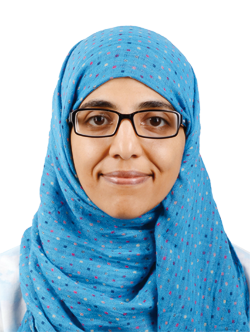

In 1984, Jean Shinoda Bolen — an American MD, psychiatrist and a Jungian analysist — published her book: Goddesses in Every Women: A New Psychology of Women. The book introduces a radical idea that women fall into six archetypes — based on Jung’s theory — but also linked to Olympian goddesses from Greek mythology.
Bolen’s book classifies the goddesses into three types: the virgin Goddesses (Athena, Artemis and Hestia), the vulnerable goddesses (Hera, Demeter and Persephone) and the alchemist goddess (Aphrodite).
Despite the grouping each goddess has different behavioural patterns that distinguish her from the rest, although they could share certain traits. For example: the virgin goddesses share their love of independence though they play different roles in life: Athena — the goddess of knowledge, war and artisans — is her father’s daughter. While Artemis — the goddess of the moon and the hunt — is the rival sister. Hestia — the goddess of homes and temples — is the wise and solitary aunt.
Throughout the book, each archetype is discussed in great details from infancy to old age in terms of behavioural patterns, work, relationships, psychological difficulties and suggestion on how to develop personally. Other goddesses’ archetypes are: Hera (the wife), Demeter (the mother), Persephone (the daughter) and Aphrodite (the lover).
Bolen takes a more feminist approach to Jung’s theory as Jung — and Freud before him — had always considered women inferior to men. According to Jung, even if a woman displayed what he considered male traits (e.g. being impersonal or acting rationally) she won’t be as good as a man because it’s against what he considered natural female traits (e.g. being nurturing and receptive).
But to Bolen, every woman is capable of reaching her full potential by activating the goddess inside her. For example: if you are a Persephone — the daughter type who finds it hard to make her own decision — then you could reach within and try to find Athena, the cool-headed strategist who’s capable of overcoming all the obstacles that are thrown on her way. If you fall under the archetype of Hestia — the loner who prefers to stay and organise her home — then you could become more social by activating Artemis the goddess who enjoys the company of others.
Bolen’s theory clarifies loads of the ambiguity when it comes to women psychology — especially in societies where a woman’s path is decided the day she’s born: a daughter, a wife and a mother. But in reality, not all women feel the urge of following this pathway. Bolen explains why some women feel the urge to get married or to have children, while others prefer to stay single for life. Why some women make excellent wives but not great mothers and vice versa. It all depends on the archetype that a woman falls under and how she could activate the other archetypes that she’d feel necessary to make her happy and complete.
Although the Bolen’s book came out in 1984, but it’s still in print (the last edition was in 2017). She’s also published other books under the same subject: Goddesses in Older Women: Archetypes of Women Over Fifty, The Heart of the Goddess, Artemis: The Indomitable Spirit of Every Women. The book is a classic and is easy to follow and understand. If you’re not into Greek mythology, you might get confused in knowing how the mythical figures (mortals and immortals) are related but don’t worry. Bolen had prepared and index at the back that could be used in case a name pops up and you need to check their story again. This book is recommended for female psychology fans.
Rasha al Raisi is a certified skills trainer and the author of: The World According to Bahja. rashabooks@yahoo.com
Oman Observer is now on the WhatsApp channel. Click here



